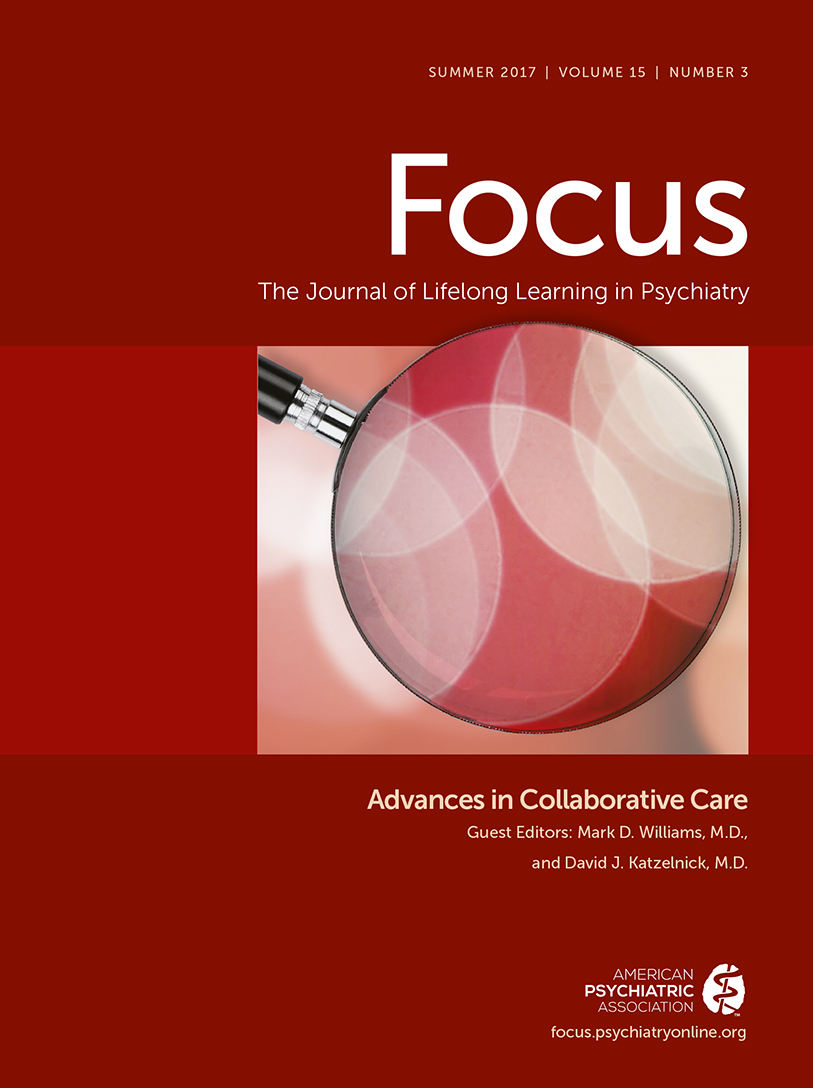Implementing Integrated Care in Pediatric Mental Health: Principles, Current Models, and Future Directions
Abstract
Traditional models of health care delivery are inadequate for addressing all the needs of the child and adolescent population that has mental illness. The integrated care model seeks to partner pediatric mental health specialists with primary providers to better meet these needs. The authors outline the core principles guiding integrated care for youths and describe key characteristics of the team members involved. Three models of integrated care have emerged and have proven effective. Several representative programs are described, and the advantages and disadvantages of each are reviewed. The review concludes by identifying the challenges that have prevented wider dissemination of the integrated care model and by exploring potential future directions for the field.



